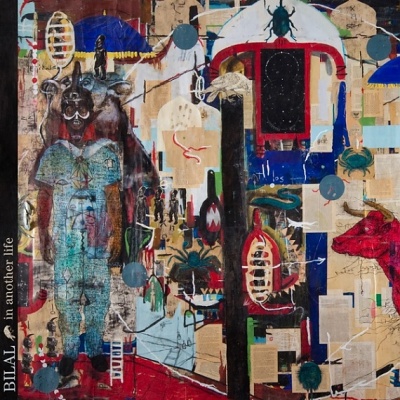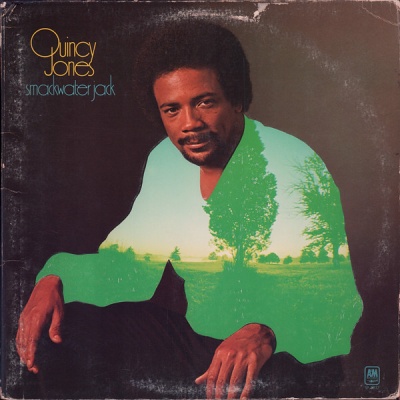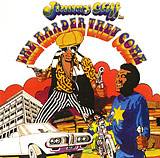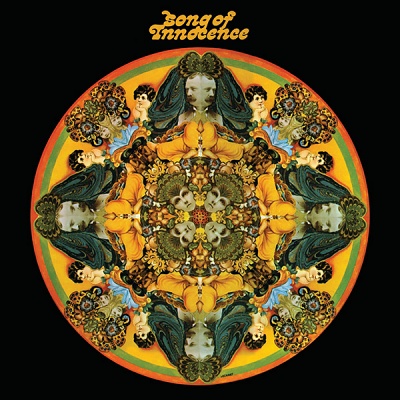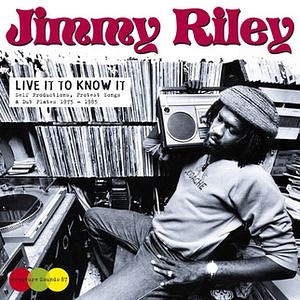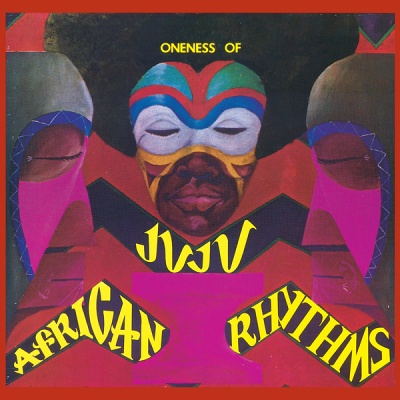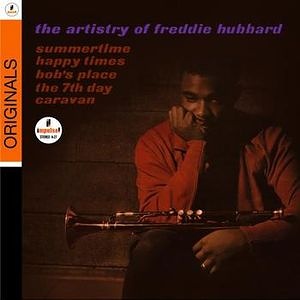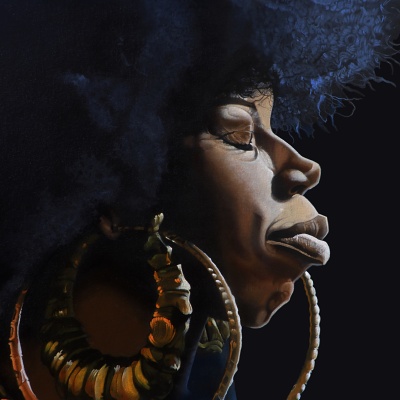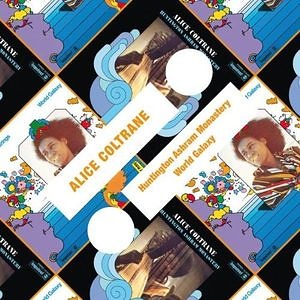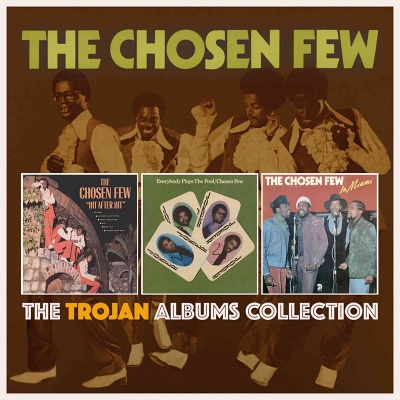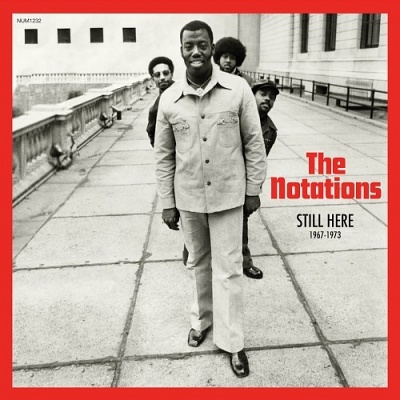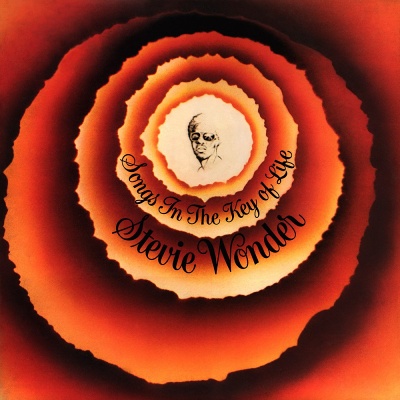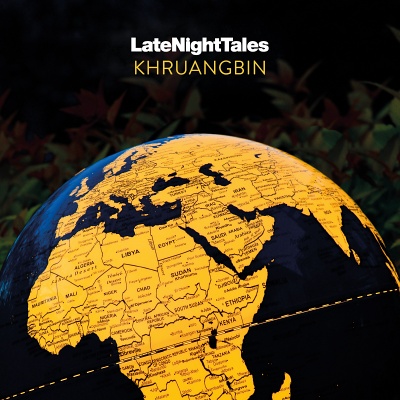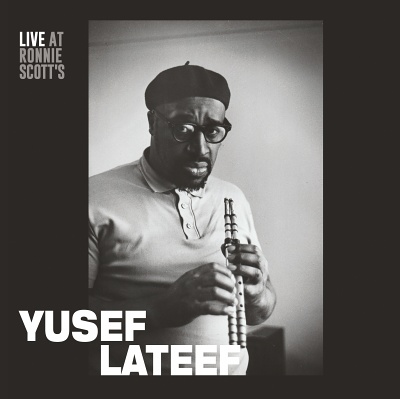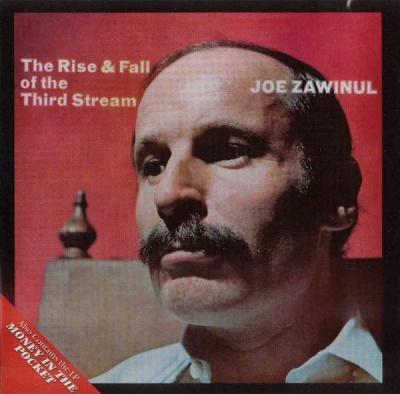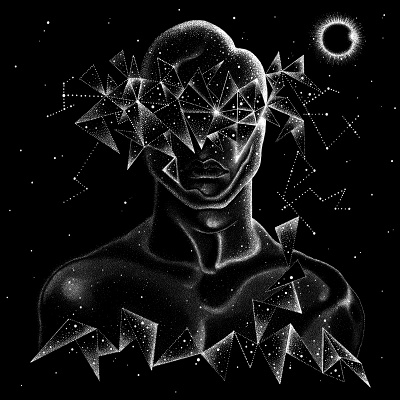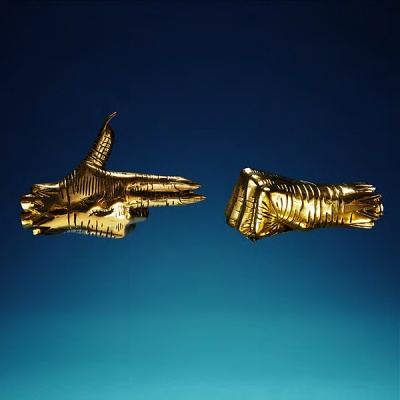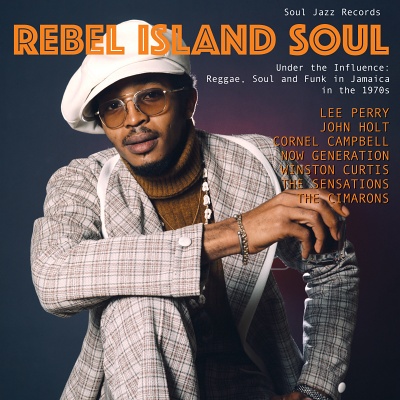
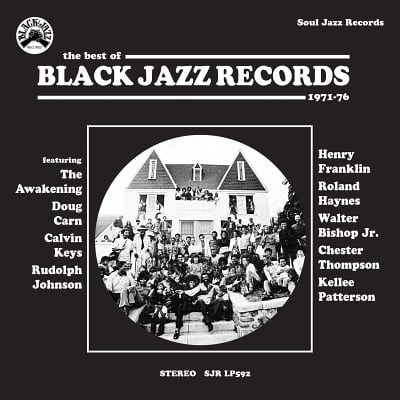
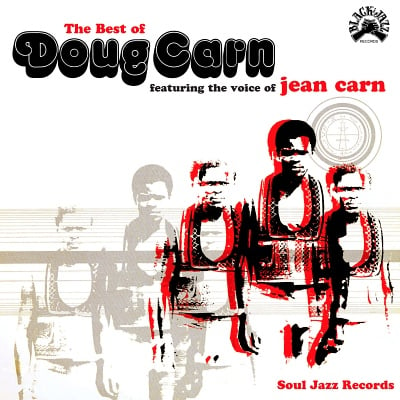
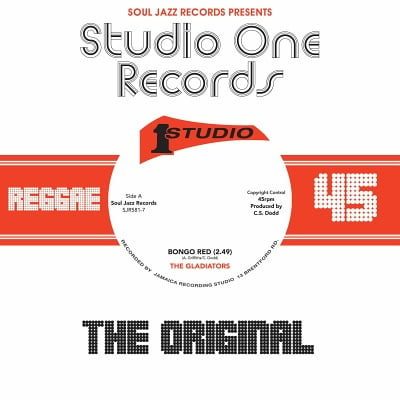
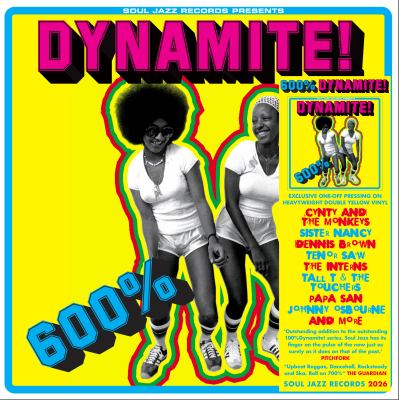
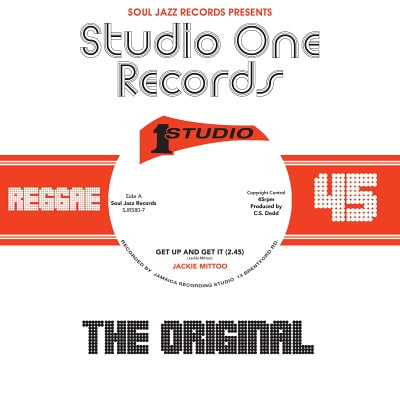
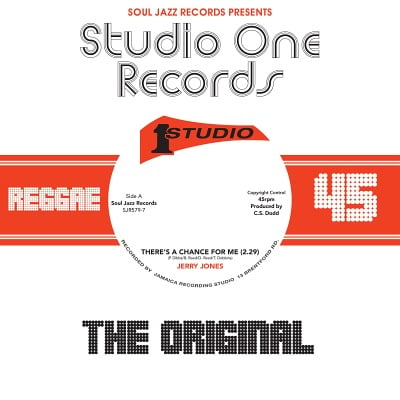
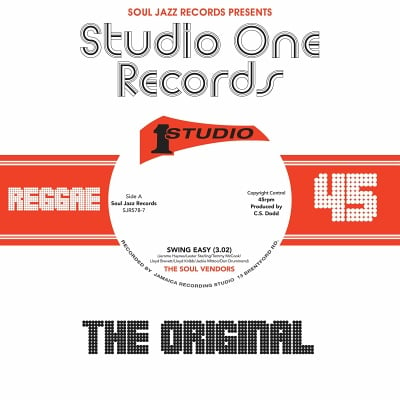
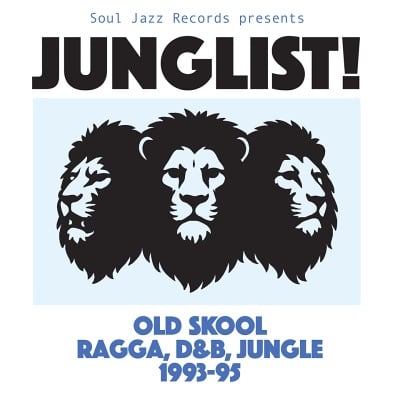
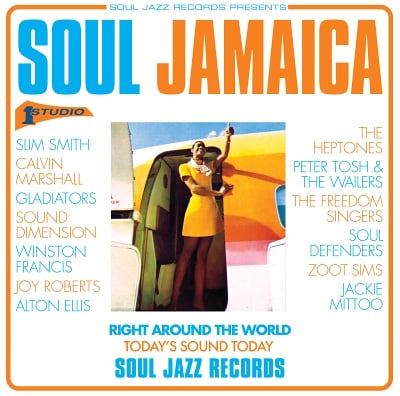
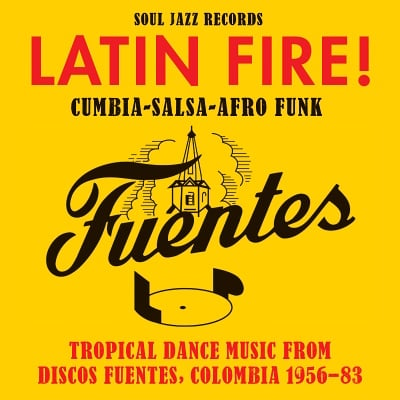
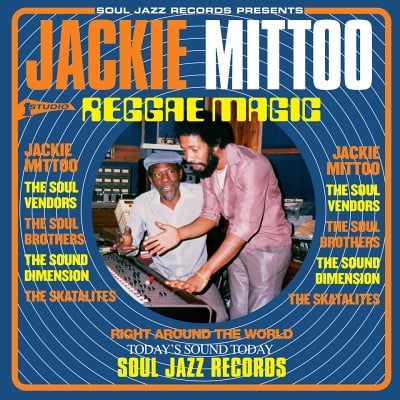

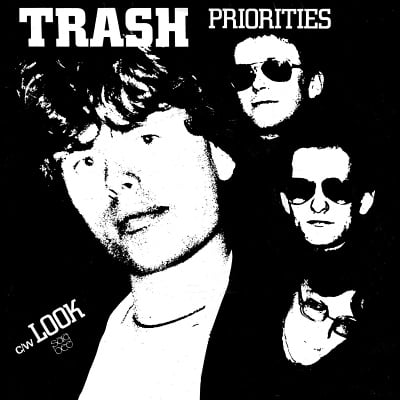
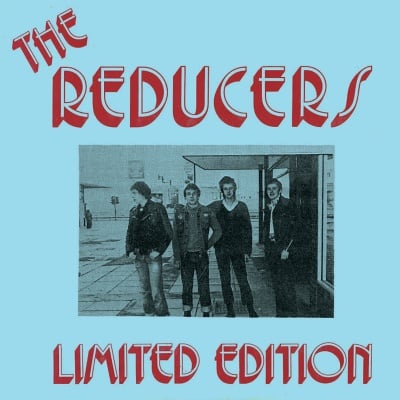
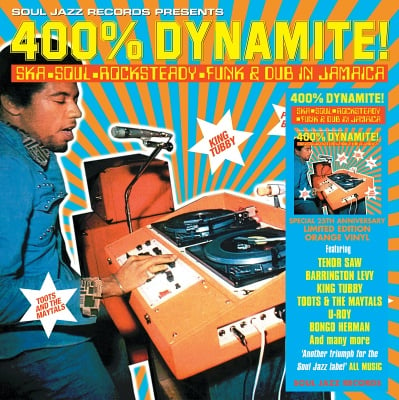
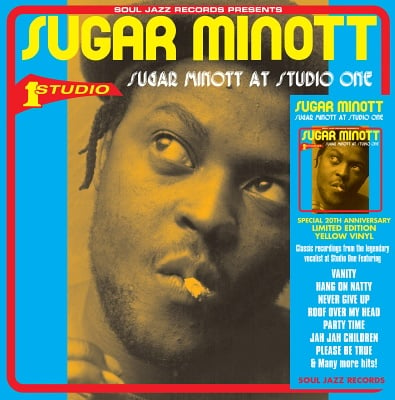
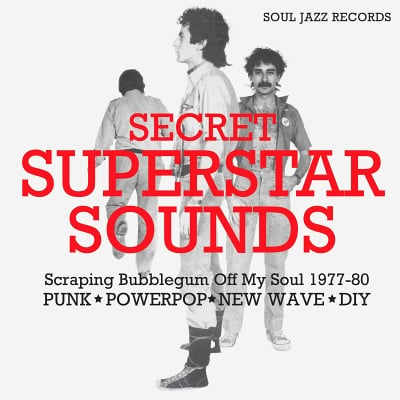
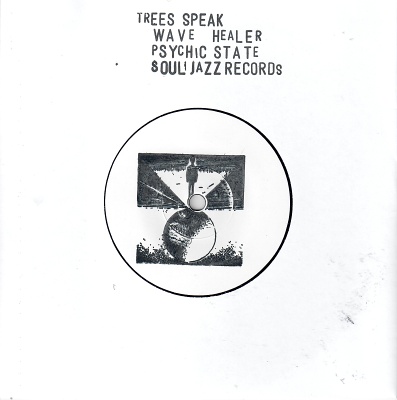
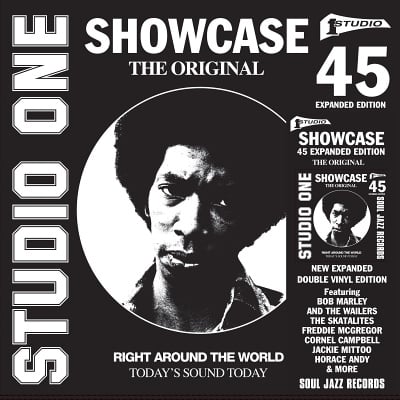
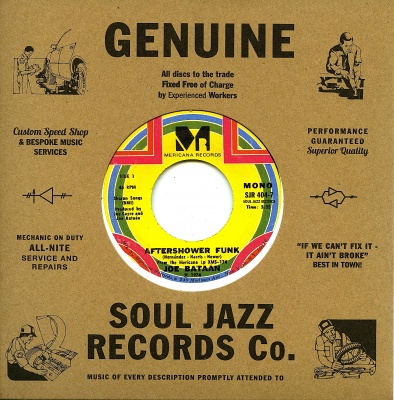
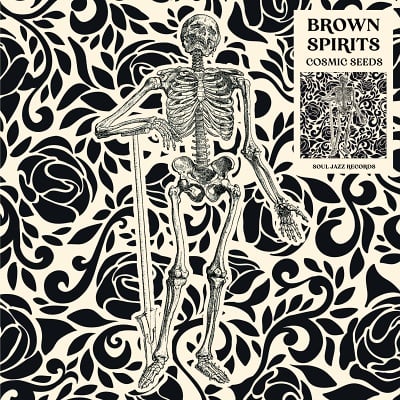
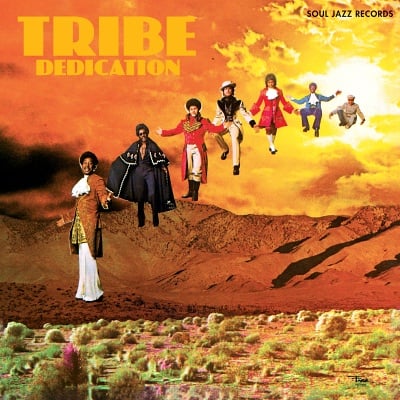
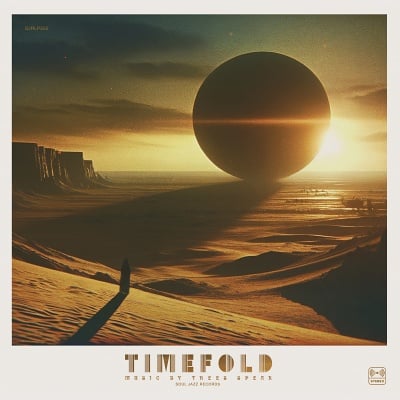
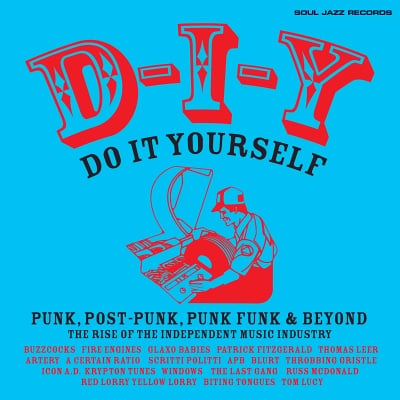
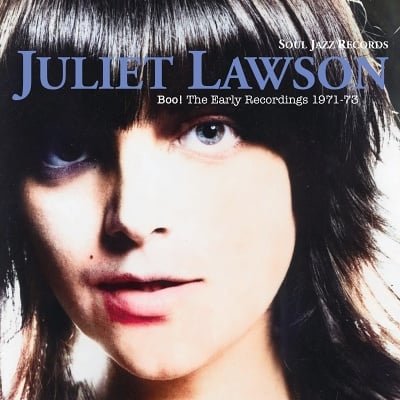
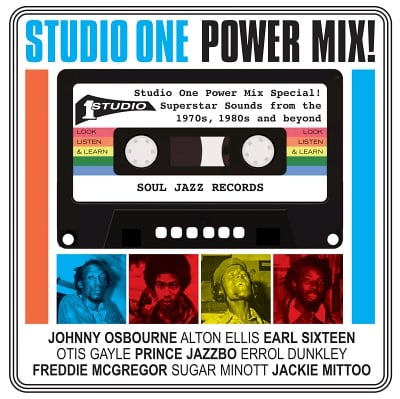
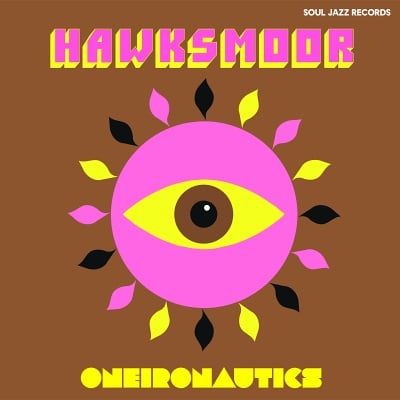
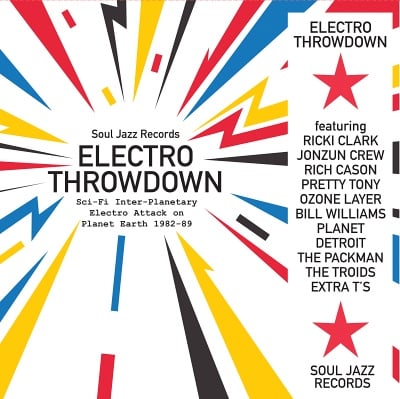
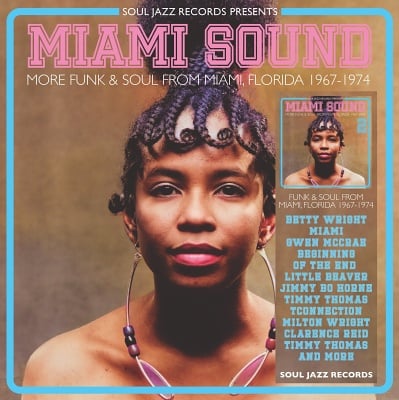
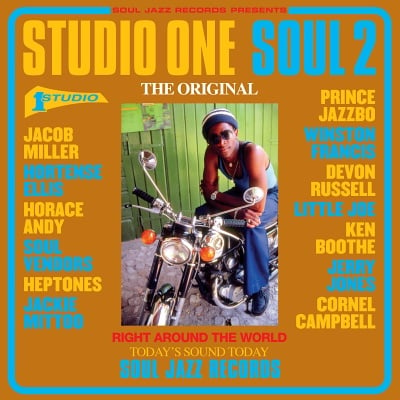
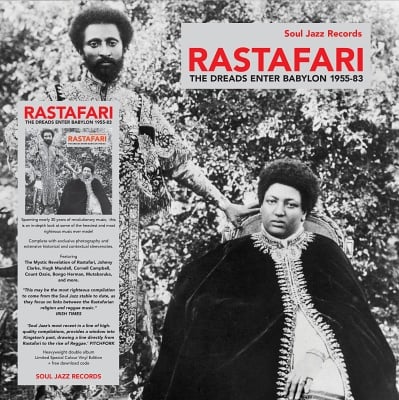
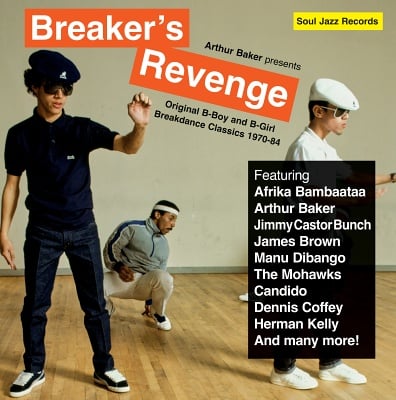
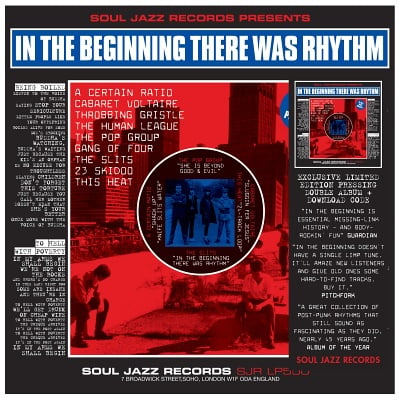
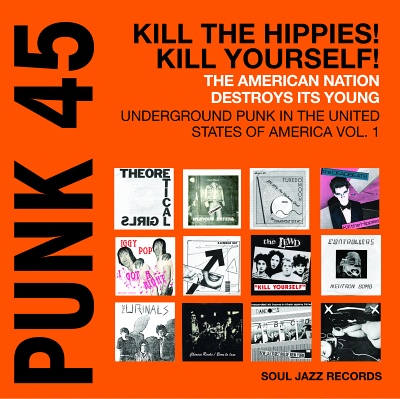
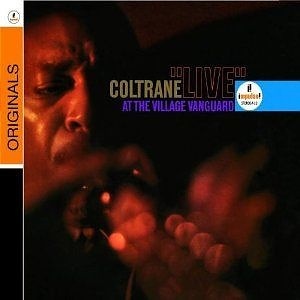
- New LP AS10£23.99Out of stock Notify me when in stock
- CD 1748625£7.99Out of stock Notify me when in stock
- 1. Spiritual
- 2. Softly As In A Morning Sunrise
- 3. Chasin' The Trane
John Coltranes switch in musical style was not universally popular, with critics and audiences alike turning on him as they struggled to understand the nuances of his music. To some he was anti-jazz, a moniker that was also attached to Eric Dolphy, who linked up with Coltrane in 1961. Even Coltrane himself would admit that his early solos were based more on technical ideas that were swirling around his head, but gradually he began to win over even the most vociferous of critics. In November 1961 producer Bob Thiele came up with the idea of recording four consecutive nights of Coltranes performances at the Village Vanguard, bringing in legendary engineer Rudy Van Gelder to oversee the recording. Just three songs were chosen for eventual release on the album (the remaining tracks were issued many years later as part of a box set), comprising a standard in Softly As In A Morning Sunrise and two Coltrane compositions, Spiritual and Chasin The Trane. The latter, which took up the whole of the second side of the vinyl album, has been described as one of the most important jazz recordings of all time.
- – Sirens II
- – Star Now
- – Open Up The Door
- – I Really Don't Care
- 1. – Sirens II
- 2. – Star Now
- 3. – Open Up The Door
- View full info and tracklisting
- CD BBE351ACD£8.99Out of stock Notify me when in stock
- LP BBE351LP£16.99Out of stock Notify me when in stock
- – Hicky-Burr
- 7. – Hicky-Burr
- View full info and tracklisting
- Original LP£20.00Vinyl condition: VG+Sleeve condition: VG+Original Pre-Owned Out-of-Print USA VinylSold out Notify me when in stock
- CD 2706890£7.99Out of stock Notify me when in stock
- – Jimmy Cliff - You Can Get It If You Really Want
- – Scotty - Draw Your Brakes
- – The Melodians - Rivers Of Babylon
- – Jimmy Cliff - Many Rivers To Cross
- – Jimmy Cliff - The Harder They Come
- – The Slickers - Johnny Too Bad
- 1. – Jimmy Cliff - You Can Get It If You Really Want
- 2. – Scotty - Draw Your Brakes
- 3. – The Melodians - Rivers Of Babylon
- View full info and tracklisting
- LP 6707394£27.99In stockAdd to Bag
- CD RRCD61£7.99Out of stock Notify me when in stock
- – Urizen
- – Holy Thursday
- – The Smile
- – A Dream
- – Song Of Innocence
- – Merlin's Prophecy
- – The Mental Traveler
- 1. – Urizen
- 2. – Holy Thursday
- 3. – The Smile
- View full info and tracklisting
- LP NA5165-LP£27.00Out of stock Notify me when in stock
- CD NA5165-CD£14.00Out of stock Notify me when in stock
- – Gunman Of JA
- – Gunman Of JA (King Tubby’s Dub Plate Mix)
- – Nyah-Bingi
- – From The Ghetto
- – Give Thanks And Praise
- – Majority Rule
- 1. – Gunman Of JA
- 2. – Gunman Of JA (King Tubby’s Dub Plate Mix)
- 5. – Nyah-Bingi
- View full info and tracklisting
- New 2×LP PSLP087£25.00In stockAdd to Bag
- CD PSCD087£12.00In stockAdd to Bag
- – African Rhythms
- – Kazi
- – Funky Wood
- – Tarishi
- – Mashariki
- 1. – African Rhythms
- 2. – Kazi
- 3. – Funky Wood
- View full info and tracklisting
- 2×LP STRUT188LP£21.99Out of stock Notify me when in stock
- CD STRUT188CD£8.00Out of stock Notify me when in stock
- CD 1798447£7.99Out of stock Notify me when in stock
- – Overload
- 3. – Overload
- View full info and tracklisting
- LP + Download Code BF070£16.99Out of stock Notify me when in stock
- CD BFCD070£10.99Out of stock Notify me when in stock
- LP TRULP376£15.99Out of stock Notify me when in stock
- CD TRUCD376£8.99In stockAdd to Bag
- CD 2780946£7.99In stockAdd to Bag
- 2×CD DBCDD061£15.00Out of stock Notify me when in stock
- – A New Day
- – I'm Still Here
- – Trying My Best To Find Her
- – Just You And Me
- – This Time I'm For Real
- – What More Can I say
- – I Can't Stop
- – That Girl
- – At The Crossroads
- – Leading Lady
- – Now I Know How It Feels
- – Gonna Get Ready
- – I've Been Trying
- – I Don't Want To Be Late
- – Lonely People ** CD only
- – Young Girl ** CD Only
- 1. – A New Day
- 2. – I'm Still Here
- 3. – Trying My Best To Find Her
- View full info and tracklisting
- LP NUM1232LP£11.99Out of stock Notify me when in stock
- CD NUM1232CD£9.99Out of stock Notify me when in stock
- – Contusion
- – I Wish
- – Black Man
- – As
- 4. – Contusion
- 6. – I Wish
- 13. – Black Man
- View full info and tracklisting
- 2×LP + 7" 5316422£50.99In stockAdd to Bag
- 2×CD 1573572£9.99Out of stock Notify me when in stock
- Original 2×LP£20.00Vinyl condition: VG+Sleeve condition: VG+Original Pre-Owned USA vinyl, no booklet/singleSold out Notify me when in stock
- – Rain Dance
- 1. – Rain Dance
- View full info and tracklisting
- New LP (180g) MOVLP522£28.99In stockAdd to Bag
- CD CK64983£8.99Out of stock Notify me when in stock
- – Brilliantes Del Veulo - I Know That
- – Kelly Doyle - DRM
- – Justine & The Victorian Punks - Still You
- – Khruangbin - Summer Madness [EXCLUSIVE TRACK]
- 2. – Brilliantes Del Veulo - I Know That
- 4. – Kelly Doyle - DRM
- 9. – Justine & The Victorian Punks - Still You
- View full info and tracklisting
- 2×LP ALNLP60£26.00Out of stock Notify me when in stock
- – Angel Eyes
- – Blues For The Orient
- – Song Of Delilah
- – Last Night Blues
- 1. – Angel Eyes
- 2. – Blues For The Orient
- 3. – Song Of Delilah
- View full info and tracklisting
- New LP (180g) + Download Code RSGB1008£17.99Out of stock Notify me when in stock
- CD RSGB1008CD£10.99Out of stock Notify me when in stock
- – el barrio
- 3. – el barrio
- View full info and tracklisting
- Reissue LP 3876183£27.99Out of stock Notify me when in stock
- – Moonlight Woman
- – Elephant & Castle
- – Trudi's Mood
- – Prayer For Yusef
- – Where Are You Now
- – The Camels Back
- 1. – Moonlight Woman
- 2. – Elephant & Castle
- 3. – Trudi's Mood
- View full info and tracklisting
- CD 22a015CD£9.99Out of stock Notify me when in stock
- CD RHI71675£11.99Out of stock Notify me when in stock
- LP + Download Code SP1210X£19.99Out of stock Notify me when in stock
- CD SPCD1210£10.99Out of stock Notify me when in stock
- – Down
- – Talk To Me
- – Legend Has It
- – Call Ticketron
- – Hey Kids (Bumaye)
- – Stay Gold
- – Don't Get Captured
- – Thieves! (Screamed The Ghost)
- 1. – Down
- 2. – Talk To Me
- 3. – Legend Has It
- View full info and tracklisting
- New 2×LP SEEKR003£31.00Out of stock Notify me when in stock
- 2×LP RTJ003LP£26.99Out of stock Notify me when in stock
- CD RTJ003CD£10.99Out of stock Notify me when in stock
